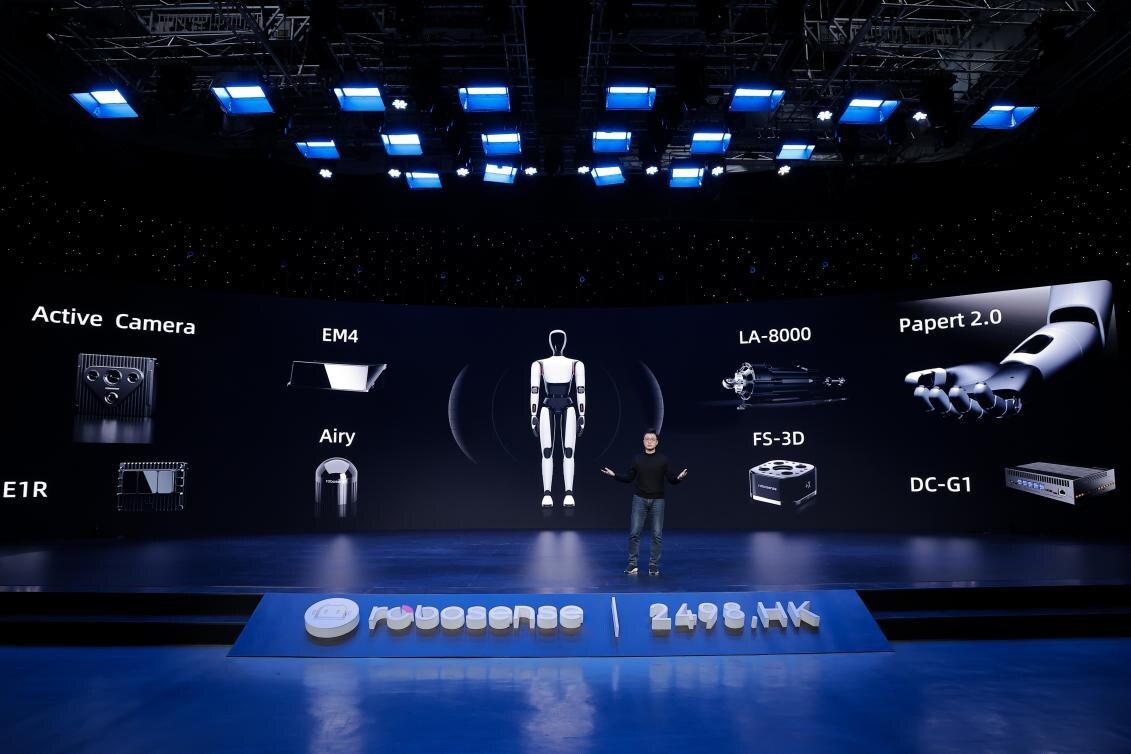A Nano-Tech Breakthrough in Parkinson’s Therapy
Nanotechnology has emerged as a promising field for enhancing therapeutic outcomes in neurological disorders, including Parkinson’s disease (PD). Scientists at the Institute of Nano Science and Technology (INST) have developed a nano-formulation of Melatonin, a brain hormone, that significantly improves its neuroprotective and anti-oxidative properties.
Melatonin, primarily known for regulating sleep cycles and treating insomnia, has demonstrated potential in preventing cell damage and preserving neuro structures. When subjected to nano-formulation, its therapeutic efficiency is enhanced, providing a new ray of hope for Parkinson’s patients.
Understanding Parkinson’s Disease and Current Challenges
Parkinson’s disease is a debilitating neurological disorder caused by the death of dopamine-producing neurons due to protein aggregation in the brain. This leads to motor impairments, balance issues, and cognitive difficulties.
Currently, available treatments focus on symptom management rather than addressing the root cause. The progressive nature of PD highlights the urgent need for innovative therapeutic solutions that go beyond alleviating symptoms to protecting and repairing neuronal damage.
How Nano-Formulated Melatonin Works
The nano-formulation process involves using nanotechnology to enhance the performance of existing drugs. For Melatonin, this approach utilizes biocompatible protein nano-carriers to ensure targeted delivery to the brain.
Key advantages of nano-Melatonin:
- Sustained Release: The formulation allows for prolonged release of Melatonin, ensuring consistent therapeutic action.
- Improved Bioavailability: Nano-formulated Melatonin has higher absorption rates, making it more effective than conventional forms.
- Enhanced Neuroprotection: It reduces oxidative stress by efficiently removing damaged cell particles, thus countering toxicity in affected brain regions.
These advancements lead to superior therapeutic efficacy compared to bare Melatonin, as evidenced by research published in Applied Materials and Interfaces.
Future Potential of Nano-Tech in Medicine
The findings from INST underscore the potential of nanotechnology in treating Parkinson’s and other neurodegenerative diseases. By focusing on targeted drug delivery and improved cellular repair mechanisms, nano-tech could pave the way for breakthroughs in combating diseases characterized by cellular degeneration.
While Parkinson’s disease remains incurable, nano-formulations like this represent a significant step toward not only managing but potentially reversing damage caused by such conditions. As research continues, this innovative approach could redefine treatment strategies for a wide range of neurodegenerative disorders.






